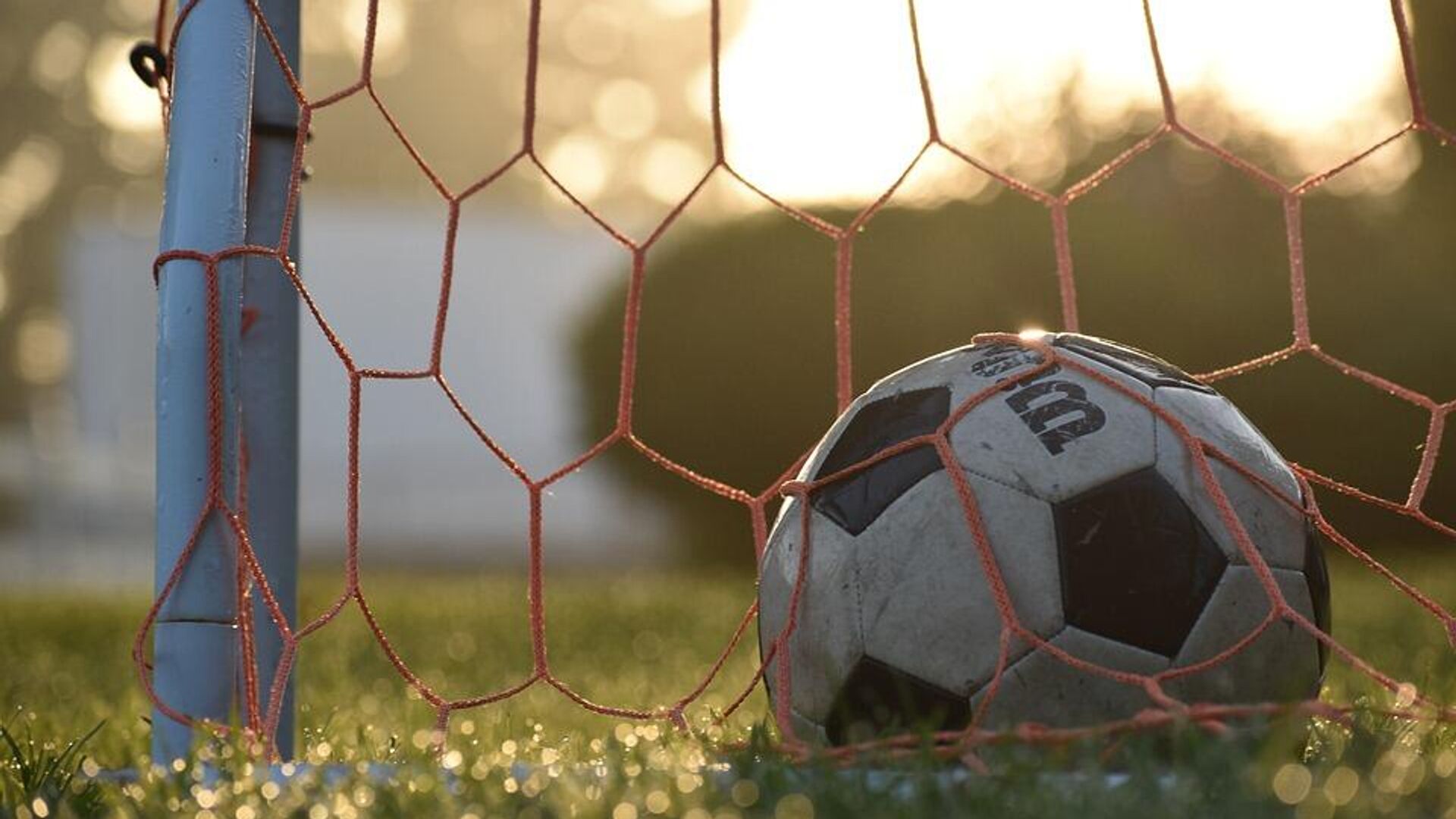https://sputnikglobe.com/20230317/goalkeepers-have-less-dementia-risk-than-outfield-players-study-finds-1108492132.html
Goalkeepers Have Less Dementia Risk Than Outfield Players, Study Finds
Goalkeepers Have Less Dementia Risk Than Outfield Players, Study Finds
Sputnik International
According to an observational study published in The Lancet Public Health the goalkeepers, who do not often head the ball
2023-03-17T20:18+0000
2023-03-17T20:18+0000
2025-04-07T11:06+0000
football
dementia
brain disease
soccer
viral news
https://cdn1.img.sputnikglobe.com/img/07e6/02/0f/1093056102_0:49:960:589_1920x0_80_0_0_6033eaf34b1333ac0c8dd2e94d295cf3.jpg
According to an observational study published in The Lancet Public Health the goalkeepers, who do not often head the ball, have less dementia risk than outfield players.Among male football players in the Swedish top division, 9% (537 of 6,007) were diagnosed with neurodegenerative disease, compared with 6% (3,485 of 56,168) of the control group made up of non-players. Goalkeepers had a lower risk than outfield players and taken by themselves, showed no significant increase in neurodegenerative disease compared to the control group.In recent years, there has been growing concern about the impact of head injuries in football and whether this may lead to an increased risk of neurodegenerative disease later in life. A previous study in Scotland found that players have a 3.5 times higher risk of developing neurodegenerative diseases. Following these findings, some football associations have taken steps to reduce the number of head-butts in younger age groups and in training.
Sputnik International
feedback@sputniknews.com
+74956456601
MIA „Rossiya Segodnya“
2023
Sputnik International
feedback@sputniknews.com
+74956456601
MIA „Rossiya Segodnya“
News
en_EN
Sputnik International
feedback@sputniknews.com
+74956456601
MIA „Rossiya Segodnya“
Sputnik International
feedback@sputniknews.com
+74956456601
MIA „Rossiya Segodnya“
dementia risk, the lancet public health, goalkeepers, cte, neurodegenerative disease, brain injuries
dementia risk, the lancet public health, goalkeepers, cte, neurodegenerative disease, brain injuries
Goalkeepers Have Less Dementia Risk Than Outfield Players, Study Finds
20:18 GMT 17.03.2023 (Updated: 11:06 GMT 07.04.2025) In recent years, there has been growing concern among medical professionals about the link between football players' frequent head injuries and their risk of developing degenerative brain disease.
According to an observational study published in
The Lancet Public Health the goalkeepers, who do not often head the ball, have less dementia risk than outfield players.
"One hypothesis is that the repetitive striking of the ball with the head is the reason players are at greater risk, and seeing the difference between goalkeepers and outfield players supports this theory," Peter Ueda from Sweden's Karolinska Institutet said.
Among male football players in the Swedish top division, 9% (537 of 6,007) were diagnosed with neurodegenerative disease, compared with 6% (3,485 of 56,168) of the control group made up of non-players. Goalkeepers had a lower risk than outfield players and taken by themselves, showed no significant increase in neurodegenerative disease compared to the control group.
"It could be that the difference in neurodegenerative-disease risk between these two types of players supports this theory," lead study author Dr Peter Ueda, from the Karolinska Institute, said.
In recent years, there has been growing concern about the impact of head injuries in football and whether this may lead to an increased risk of neurodegenerative disease later in life. A previous study in Scotland found that players have a 3.5 times higher risk of developing neurodegenerative diseases.
Following these findings, some football associations have taken steps to reduce the number of head-butts in younger age groups and in training.

